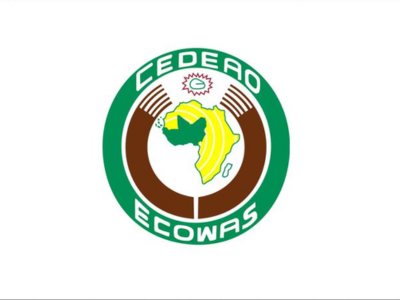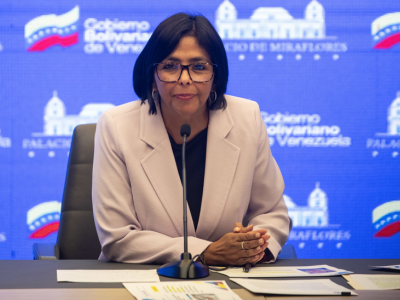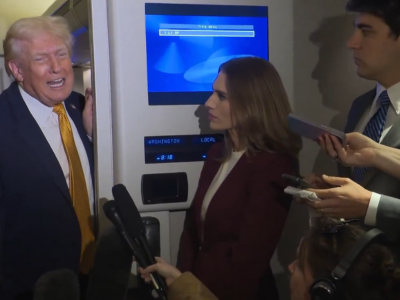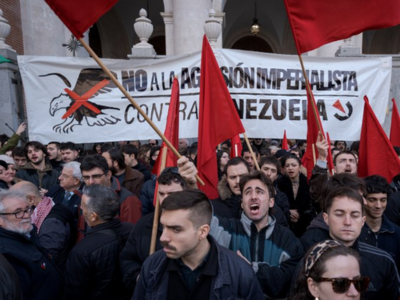HIV: Trump Administration Withholds Congress-Approved Funds
- by Admin.
- Aug 21, 2025

Credit:
The US Government has allocated only $2.9 billion of the $6 billion appropriated by Congress for the President’s Emergency Plan for AIDS Relief (PEPFAR) in the 2025 fiscal year, raising concerns about the future of the globally recognized HIV prevention and treatment program. Despite bipartisan support for PEPFAR, which has saved an estimated 26 million lives, the Office of Management and Budget’s decision has sparked debates over executive authority and the program’s sustainability.
Congress allocated $6 billion for PEPFAR in the 2025 fiscal year to fund HIV prevention and treatment in low-income countries. However, the Office of Management and Budget (OMB), led by Director Russell T. Vought, has released only $2.9 billion, according to budget documents and PEPFAR staff. Launched in 2003 under President George W. Bush, PEPFAR is widely regarded as a cornerstone of global health, credited with saving 26 million lives through its efforts in over 50 countries. The program has historically enjoyed strong bipartisan support in Congress.
In July 2025, the Trump administration withdrew a proposed $400 million cut to PEPFAR’s budget after facing opposition from both Republican and Democratic senators. PEPFAR staff, speaking anonymously, described the rescission debate as a distraction, noting that the OMB had consistently communicated that only half of the $6 billion appropriation would be released, even with the $400 million restored. Budget documents reflecting this reduction were briefly removed from a federal website in January 2025 but were reinstated following a court order in August 2025.
The withholding of funds aligns with the Trump administration’s broader push to reduce federal spending and foreign aid, a policy championed by Vought, who has advocated for using the OMB to shrink government programs. Critics, including some lawmakers, argue that this constitutes impoundment, a practice deemed unlawful in cases dating back to the Nixon administration. The Impoundment Control Act of 1974 requires the executive branch to spend appropriated funds unless Congress approves a rescission within 45 days. Legal challenges have emerged, with courts issuing temporary restraining orders against similar funding freezes, though enforcement remains inconsistent.
Supporters of the administration’s stance argue that the executive branch has the authority to prioritize spending in line with national interests, particularly given fiscal constraints. However, opponents, including global health advocates, warn that the $3.1 billion shortfall could disrupt HIV treatment and prevention services, risking lives and undermining decades of progress. PEPFAR staff reported that the reduced funding has already forced some programs to scale back or close, with potential stockouts of antiretroviral drugs threatening patients in multiple countries.













0 Comment(s)